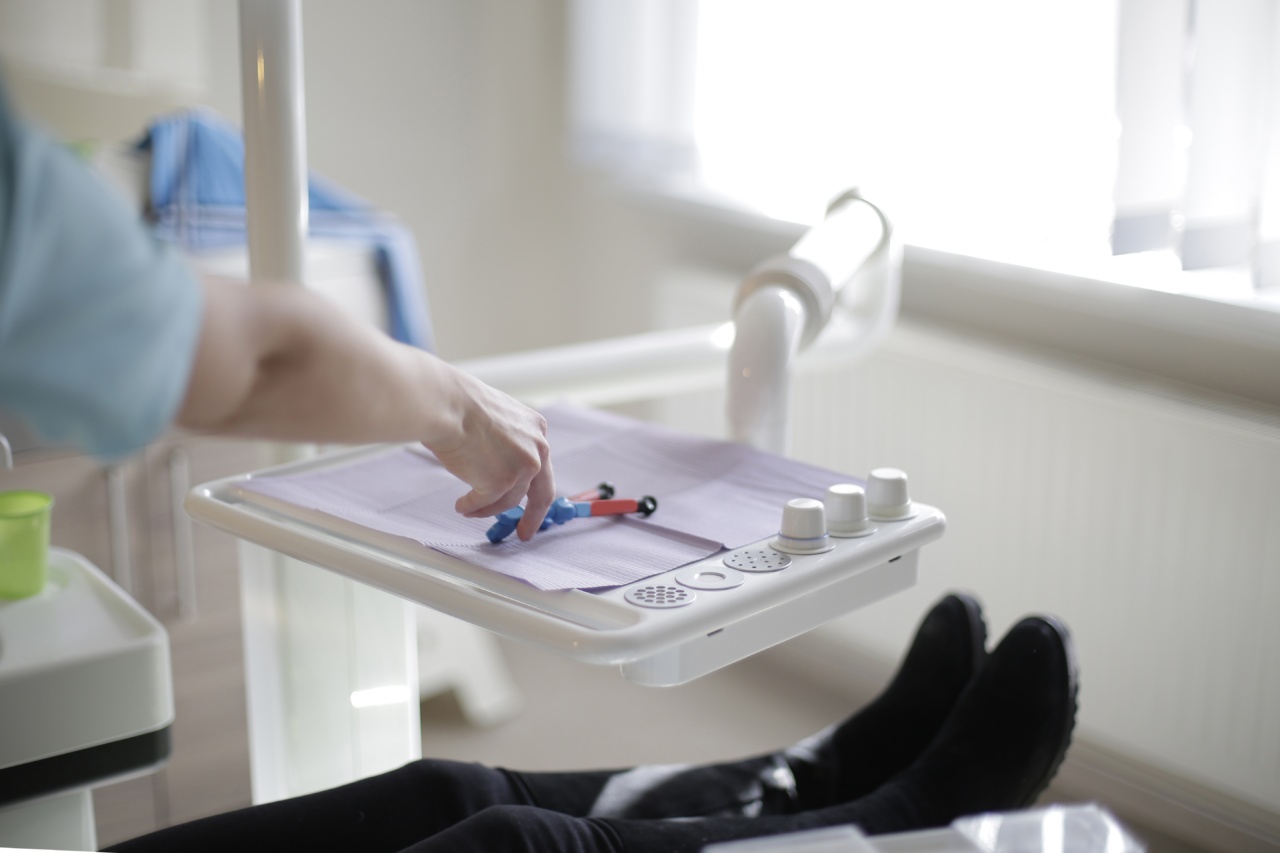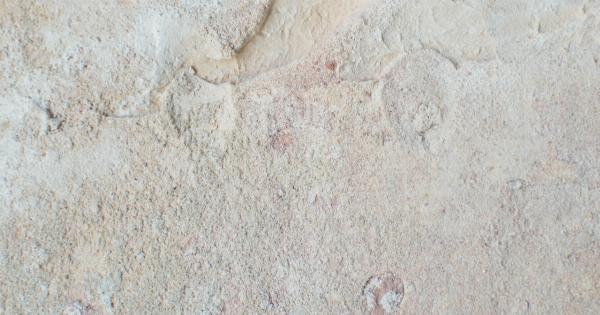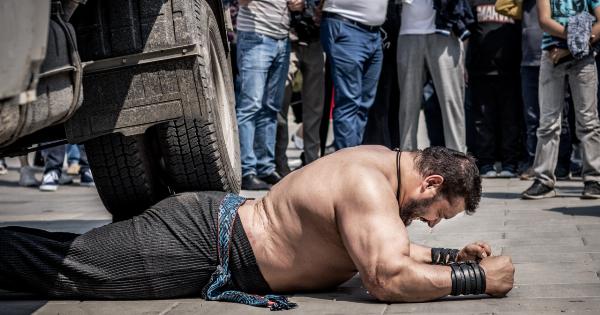A penis injury can be extremely painful and traumatic. It can happen due to various reasons, including accidents, sports injuries, or sexual activity. One of the most severe complications of a penis injury is N.
Peronier, a condition that can cause permanent damage to the nerves of the penis. In such cases, surgery is urgently needed to prevent further damage.
What is N. Peronier?
N. Peronier is a condition that occurs when there is damage to the peroneal nerve, which is a branch of the sciatic nerve that runs along the outside of the lower leg and foot.
This nerve provides sensation to the penis, and damage to it can lead to numbness, loss of sensation, and difficulty maintaining an erection. In severe cases, it can even affect the ability to urinate.
Causes of Penis Injuries
Penis injuries can be caused by a variety of factors, including:.
- Accidents
- Sports injuries
- Sexual activity
Some of the most common types of penis injuries include:.
- Fracture
- Penile fracture
- Rupture
- Penile lacerations
How is N. Peronier Diagnosed?
If you have experienced a penis injury, your doctor will perform a physical examination and ask about your symptoms. They may perform tests such as an MRI or a nerve conduction study to confirm the diagnosis of N. Peronier.
Treatment for N. Peronier
If you have been diagnosed with N. Peronier, surgery is the recommended treatment. The goal of surgery is to repair the damaged nerve and restore sensation to the penis.
Depending on the severity of the injury, your doctor may recommend one of the following procedures:.
- Neurorrhaphy: This is a method of nerve repair that involves stitching the ends of the damaged nerve back together.
- Nerve grafting: This involves taking a healthy nerve from another part of the body and using it to replace the damaged nerve in the penis.
- Nerve transfer: In this procedure, a healthy nerve from a nearby muscle is rerouted to supply the damaged area of the penis.
Recovery from Surgery
Recovery from surgery can take several weeks to several months, depending on the extent of the injury and the type of surgery performed.
During this time, you may be asked to avoid sexual activity, refrain from heavy lifting, and engage in physical therapy to help regain strength and mobility in the affected area.
Preventing Penis Injuries
While not all penis injuries can be prevented, there are steps you can take to reduce your risk:.
- Wear protective equipment, such as a cup, during sports activities.
- Practice safe sex, including using condoms and avoiding risky sexual behaviors.
- Avoid using excessive force during sexual activity.
- Exercise caution when handling heavy machinery or tools.
Conclusion
A penis injury can be a painful and potentially dangerous situation, particularly if it leads to nerve damage like N. Peronier. If you have experienced a penis injury, it is important to seek medical attention right away to prevent further complications.
With timely treatment and proper care, most penis injuries can be successfully treated and the affected individual can go on to live a healthy, normal life.




























